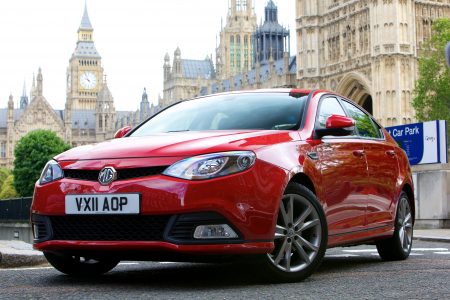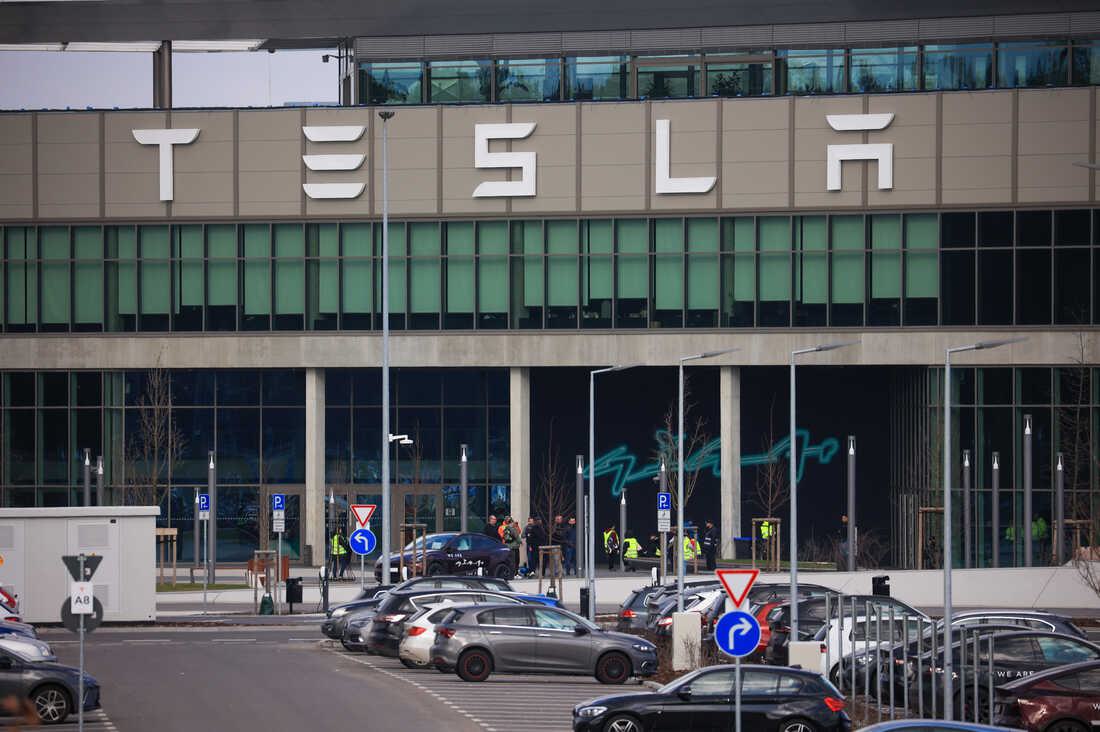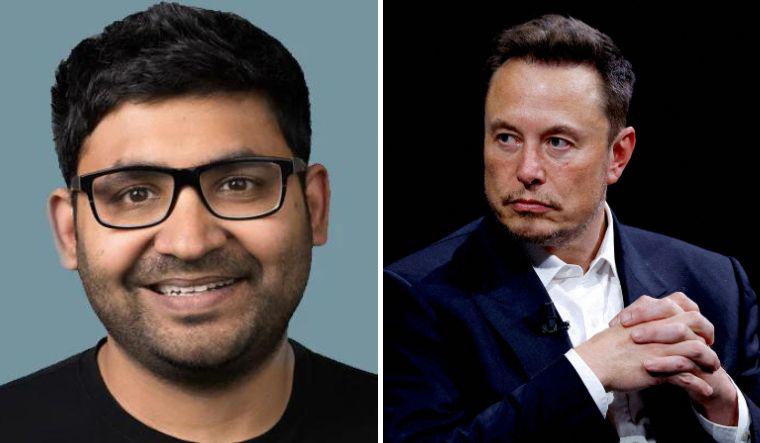UK car sales drop for 4 months: Is Brexit to blame? - Dispatch Weekly
August 7, 2017 - Reading time: 5 minutes


In July, new UK car registrations have dropped for the fourth consecutive month. This is the longest run of declines since 2011, and follows recent increases in uncertainty in the British economy following on from Brexit.
According to the Society of Motor Manufacturers and Traders (SMMT), 161,997 vehicles were registered in July, a 9.3% decline compared to the same month a year ago. July is the fourth consecutive month that the industry experienced a drop with new car sales in June declining 4.8%, 8.5% in May and a plunge of 19.8% in April.
The fall in new car sales in recent months has brought an end to five years of growth. This surge in sales was driven by inexpensive car finance deals, which helped to strengthen the consumer-led growth in the British economy.

(Image source: SMMT)
Brexit’s knock-on effect
The UK market is currently experiencing low consumer spending as consumers and businesses grow increasingly reluctant to commit to major spending decisions. This can be seen in the automotive industry in particular.
The Bank of England Governor Mark Carney recently reported that businesses were less willing to spend money at a time of persistent uncertainty over the UK’s future relationship with the EU.
Chief Executive of SMMT, Mike Hawes, proposed his concerns on Brexit uncertainty on the industry’s demand, stating:
“The fall in consumer and business confidence is having a knock-on effect on demand in the new car market and the government must act quickly to provide concrete plans regarding Brexit.”
With last year’s vote for Brexit, concerns about future regulations, especially those, concerning the automotive industry, has put a further brake on sales, Hawes also blamed the fall in sales on the uncertainty over clean-air plans in the UK after the government announced earlier this month that all new cars with only diesel or petrol engines would be banned from 2040. This new regulation comes after it was established that the rising levels of nitrogen oxide was posing, a major risk to public health.
Further concerns, about Brexit and the impact it could have on automotive manufacturing in the UK, mean the industry has given up on its target of building 2m cars a year in British plants by 2020.
However, household budgets are coming under renewed pressure as prices rise faster than wages, indicating a fall in real pay, the same kind that hit workers, in the aftermath of the 2007-2008 financial crisis. The increase in prices could potentially be a running factor for the decrease in consumer spending, across the industry.
Hawes later added that the weaker demand should result in cheaper deals for consumers, as competition for manufacturers will intensify. In addition, there are no plans to charge drivers using latest models and there are no proposed bans for conventional petrol and diesel vehicles for the next 23 years, according to Hawes. This could mean a shift in demand as it benefits consumers and pushes spending in the market.
The future of the automotive industry
Data provided by SMMT revealed that sales of alternative fuelled vehicles (AFVs)- electric powered systems and hybrids cars- increased 65% over the past year, with such cars now representing 5.5% of the market.
The National Franchised Dealers Association said the government would need to invest more in infrastructure for electric vehicles, such as car charging points, to meet growth in the alternative fuel market.
Brexit is causing many changes that are influencing the automotive industry, however these changes were going to occur sooner or later, with or without Brexit, and businesses simply need to alter their business plan strategically to overcome these changes in the industry.

DW Staff
David Lintott is the Editor-in-Chief, leading our team of talented freelance journalists. He specializes in covering culture, sport, and society. Originally from the decaying seaside town of Eastbourne, he attributes his insightful world-weariness to his roots in this unique setting.




